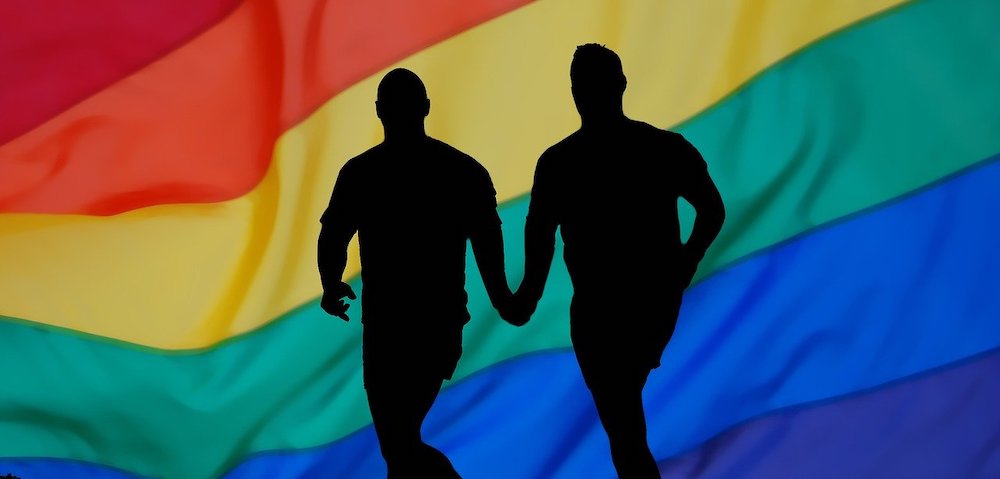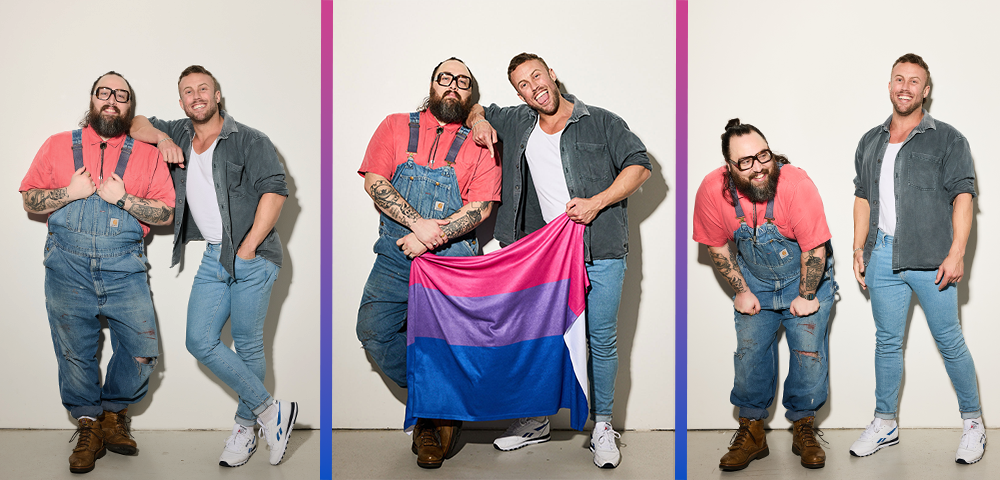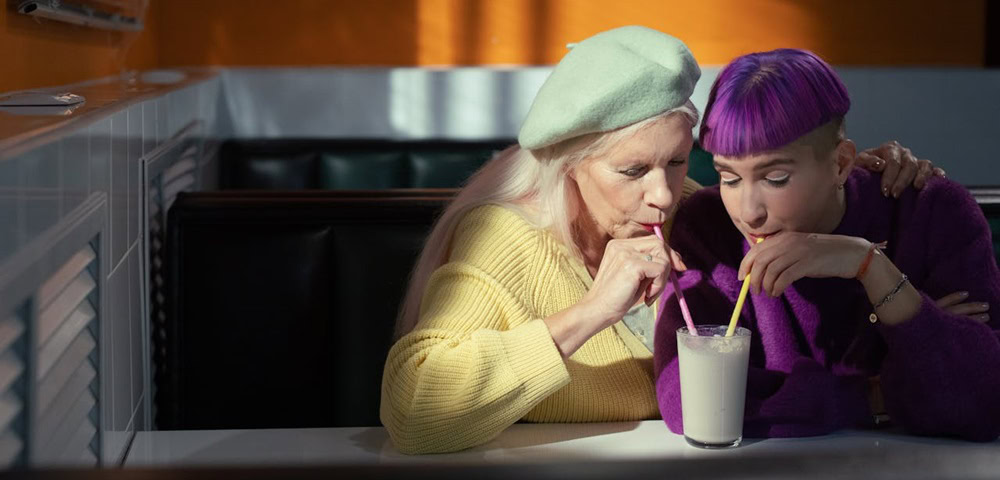
Gay Men Rise Up During COVID-19 – And That Is To Be Commended
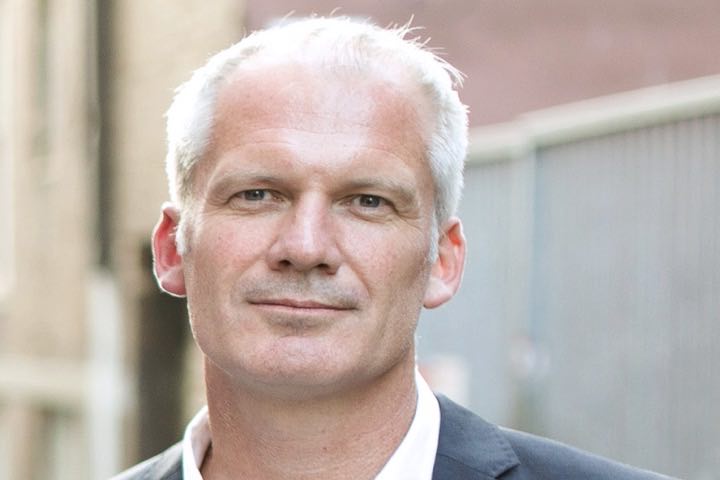
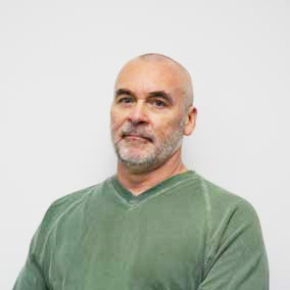
For the past few months, our communities, along with the rest of Australia and the world, have faced significant challenges. The disruptions brought on by coronavirus heralded enormous changes, which have impacted our daily lives. It has, for so many people, been a very difficult time.
But the way communities, including gay and bisexual men, have adapted to change has been nothing short of amazing. Because of this collective action, we have seen COVID-19 infections decline significantly in Australia, and as a result, restrictions are now being eased.
Just as moving has been the extraordinary sense of solicitude. As tough as the days have been, the resilience, care and compassion people have shown throughout this crisis has been heart-warming and inspiring.
As a community, we know the importance of looking out for each other. When HIV/AIDS first hit in the 1980s, we took action to take care of our health and the health of our partners, as well as the broader community. The culture of care cultivated in the early years of the AIDS crisis prevails to this very day.
On the other hand, fear, stigma and behaviour-shaming also endures. In the COVID-19 story, there currently exists a narrative in some quarters – unevidenced, mind you – that gay men are being reckless with only one thing on their minds: sex. That they can’t be trusted to do what’s in the interest of the community because they ‘think with their dicks’. This is because, despite advice to refrain from engaging from hook-ups, some gay men are having unfettered casual sex.
But in fact, as evidence shows, the opposite is true.
Findings from The Kirby Institute’s Following Lives Undergoing Change (Flux) Study, which is looking at the impact of COVID-19 on HIV and other STIs in the gay community, reveal that gay men, by and large, have exercised responsibility and modified their sexual behaviours in response to the pandemic.
According to Flux, about 90% of respondents say they have very much reduced non-relationship sex since COVID-19. Following restrictions, the average number of partners per day has declined by 65%. Most gay and bisexual men support physical distancing, even though they find it difficult and isolating. Over 90% agree that casual sex and kissing were too risky at this time, and over 90% support the temporary closure of sex-on-premises venues.
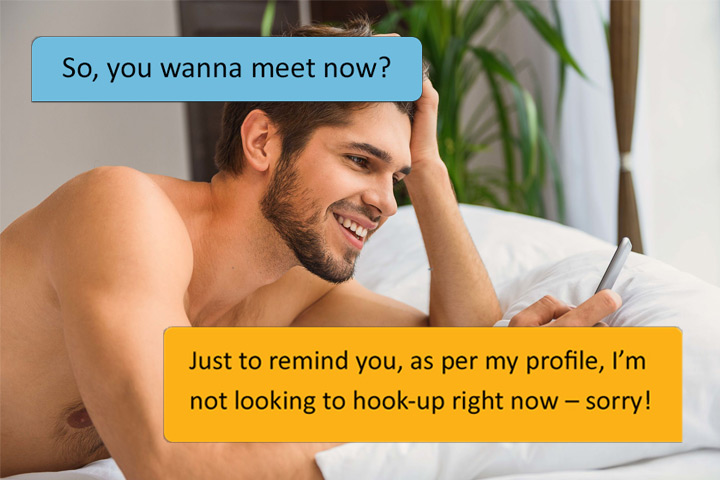
Only about 15% report any casual sex since COVID-19 – a significant drop from the usual 65%. Of the small number who report having sex with non-relationship partners, a large proportion of them say they were having sex only with fuckbuddies and friends – as opposed to anonymous hook-ups.
Sex means different things to many people. For many in our communities, it is often a way to connect socially, experience intimacy, and reduce the feelings of loneliness and isolation. Long periods of physical distancing can be challenging and being unable to have sex with others can heighten a sense of disconnection. This, in turn, can have impacts on people’smental health and wellbeing.
The emotional and psychological impacts of dramatic changes in behaviour is reflected in figures for mental health, with nearly half of respondents in the Flux Study saying they’ve experienced some mental health issues. There was nearly a 20% increase in those experiencing anxiety since COVID-19.
Commentary that gay men only have sex on their minds and therefore, in the current circumstances, are irresponsible is damaging and unhelpful. We know our communities are responsible when it comes to their health, and that we are highly attuned to concepts of risk and risk reduction. We take precautions to reduce risks for both our own health and the health of the broader community. While we are still at a point where casual sex is being strongly discouraged, if you do know someone who is having casual sex, please don’t judge or condemn. Broaden your mind’s eye to gain sight of the full picture.
Gay men have risen to the challenge in modifying their behaviour in response to COVID-19, and that is to be commended. As a community, we understand the importance of good communication and awareness-raising around sexual health issues. We have shown great commitment in maintaining good health, not just for ourselves, but also for the health of our friends, partners and loved ones.
Yes, it hasn’t been easy and there is still a way to go. It is paramount that we continue stay informed, look after our health, show empathy and compassion, and above all, take care and support each other. Now, more than ever.
Nicolas Parkhill is the CEO of ACON.
Garrett Prestage is Associate Professor of the HIV Epidemiology and Prevention Program at The Kirby Institute.





